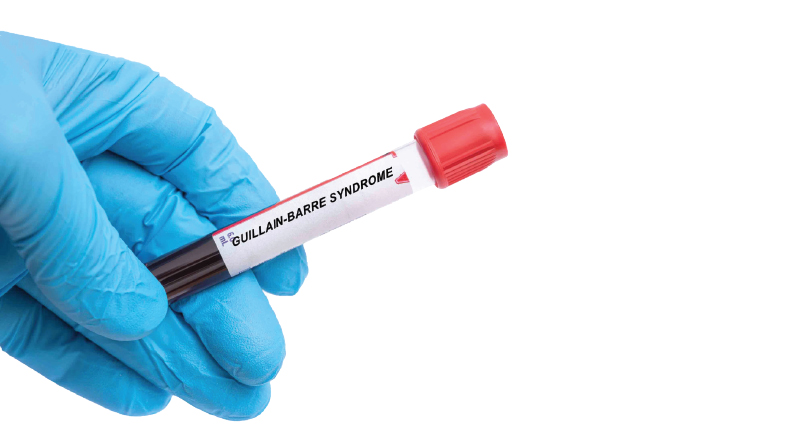This insulin analogue is a shot in the arm
-
- from Shaastra :: vol 03 issue 07 :: Aug 2024

Researchers have designed an insulin analogue that stays stable at high temperatures and can easily be transported.
Insulin storage and distribution require a stable power supply, which is still erratic in large parts of the country. But a system that solves the problem of end-to-end cold chains for insulin shots is perhaps around the corner.
Researchers at the Indian Institute of Technology (IIT) Kanpur have produced an insulin analogue that can stay stable even at high temperatures. The scientists, led by Sandeep Verma, Professor of Chemistry at the institute, have designed and synthesised a modified version of the human insulin with improved heat resistance. Through a minimal modification procedure, they ensured that these novel human insulin analogues would have enhanced stability and resistance to thermal degradation. The team included organic chemists Shantanu Sen and Rafat Ali, the first authors of a paper that recently appeared in the journal Communications Chemistry (go.nature.com/4bWTp1r).
They conjugated a phenylalanine amino acid with the side chain amine of B29 lysine of the human insulin. Incorporating this aromatic amino acid at this specific location contributed to enhanced heat resistance (stable even at 65°Celsius), and helped retain its structural integrity for a prolonged duration.
While most insulin formulations available in the market require regular refrigeration, a few are stable at ambient temperatures, often found in mid-latitude countries. "At higher temperatures and slightly acidic pH, the hormone becomes aggregated and degraded," says Verma, Professor-in-Charge for the Gangwal School of Medical Sciences and Technology at IIT Kanpur.
Insulin doses given to people with diabetes are carefully measured. If an ampule from which the patient draws insulin has 25% aggregates, that much amount of hormone is not available to the patient, making the dosage sub-optimal for blood sugar management, he says. The injection of degraded insulin may cause amyloidosis, a rare group of diseases which leads to the building up of abnormal proteins called amyloid fibrils in tissues and organs, often leading to adverse immune responses.
The simplicity of synthesis and scalability make these analogues promising candidates for trials, addressing the challenges of storage and transportation.
The highly thermostable insulin variant synthesised by the IIT team can revolutionise safe insulin storage and distribution without expensive cold-chain logistics. This modification method is more effective than previous attempts, offering a prototype for highly thermostable insulin analogues. The simplicity of synthesis and scalability make these analogues promising candidates for clinical trials, addressing the challenges of insulin storage and transportation, says Verma.
Verma, who has co-founded a start-up, says the team is keen to work with Indian pharma companies to take this innovation forward.
Delhi-based endocrinologist Anoop Misra says the work is important, but the results need to be replicated independently. The efficacy needs to be tested, too, he says.
Have a
story idea?
Tell us.
Do you have a recent research paper or an idea for a science/technology-themed article that you'd like to tell us about?
GET IN TOUCH














